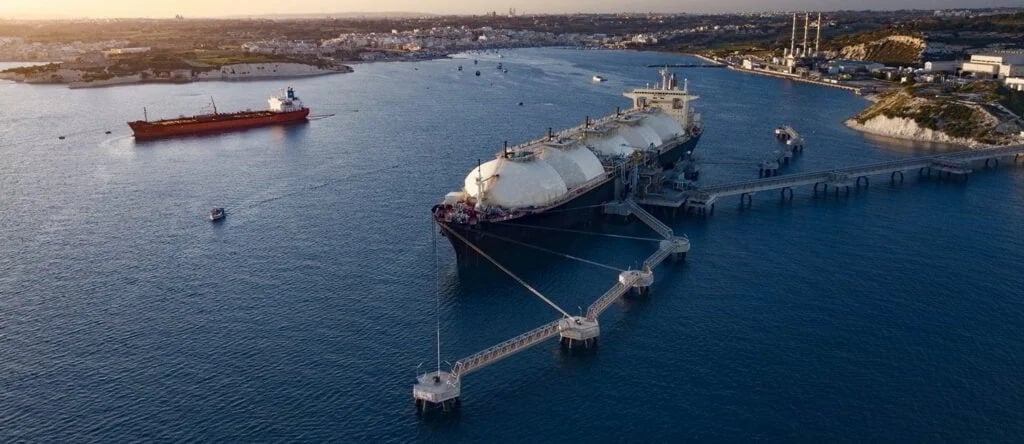Italy’s energy giant Eni has revealed solid performance in the second quarter and the first half of 2023, despite its results being affected by a steep drop in oil and gas prices compared to bumper profits from last year. The oil major made good use of this quarter to pursue its transition strategy to low-carbon energy by amplifying the share of natural gas production in its global portfolio through new acquisitions. This strategy tackles the dual challenge of accelerating the energy transition towards net-zero while bolstering Europe’s energy security.
The volatility, turmoil, and energy price shocks, which marked 2022, raised more than a few eyebrows, but they also brought sky-high profits for oil and gas players. Judging by the oil majors’ most recent quarterly results, this golden era for the fossil energy market is now behind them, even though each still recorded a strong operational performance. This is illustrated by the quarterly results posted by Eni’s peers – Equinor, Shell, and TotalEnergies – which show that low-carbon and renewable energy pursuits have (to an extent) cushioned the fall for some.
As the pressure and urgency to transition to a low-carbon energy future grow stronger, Eni took several steps during 2Q and 1H 2023 towards getting to grips with the dual challenge of meeting the growing demand for energy while reducing greenhouse gas emissions by turning to natural gas and expanding its global footprint through acquisitions.
The Italian giant is currently in the process of acquiring Neptune Energy’s entire portfolio of gas-oriented assets and operations in Western Europe, North Africa, Indonesia, and Australia. The deal excludes Neptune’s operations in Germany and Norway. However, the Norwegian assets will be taken over by the oil major’s majority-owned Vår Energi. The Neptune acquisition has an aggregate enterprise value of $4.9 billion.
According to Eni, this acquisition will increase its production plateau by over 100 Kboe/d including its share of Vår, by adding cost-competitive, low-emission volumes that will underpin its strategy of “growing its share of natural gas production and speeding up the transition, while at the same time enhancing security of energy supplies to Europe.” The acquisition is expected to be completed at the beginning of 2024, subject to the finalisation of antitrust procedures and other customary conditions. It will be immediately accretive to Eni’s earnings and cash flow also leveraging expected synergies of at least $0.5 billion.
Another acquisition, which will fortify the oil major’s oil and gas portfolio is the deal for Chevron’s assets in Indonesia. This acquisition is also in line with Eni’s energy transition strategy, which features natural gas and LNG as key pillars, in a bid to increase the portion of gas production to 60 per cent by 2030. It is expected to enable the fast-track development of ongoing projects in the area and the integration with Neptune Energy assets. The closing of the transaction is subject to customary governmental and regulatory approvals.
